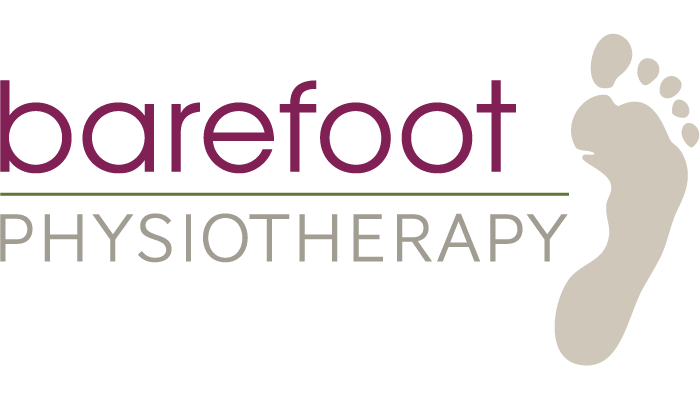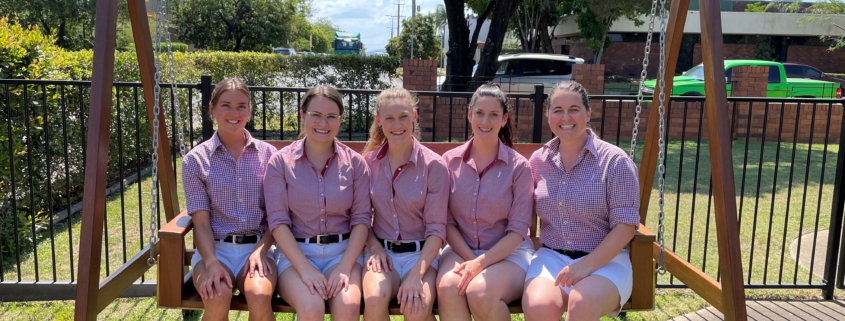Mental Health First Aid course
Britt interviews Catherine
At Barefoot we are committed to continued learning and upgrading our skills as both Physiotherapists and holistic health professionals. In order to keep our finger on the pulse of new research and treatments we undertake courses as a part of our professional development. Over the past year although the ability to attend face to face courses has been limited we have been completing some fantastic learning online. Catherine recently completed a Mental Health First Aid Course and the skills learnt were delivered to the rest of the team in one of our weekly in-services. This week I sat down and had a chat with Catherine to summarise the course and provide you all with insight into some of our extra learning.
What made you choose the Mental Health First Aid Course?
Mental health and wellbeing is something that I’ve always had an interest in and try to consider in my interactions with others – personal and professional. With the increase in uncertainty throughout 2020 this was a topic that was becoming more and more prevalent in conversations with client. I wanted more tangible skills to help navigate those conversations and feel more confident in how/when/where/why to refer.
What was the aim of the course and key topics?
Similar to a First Aid course the main goal was learning how to assist someone in a mental health crisis. We learnt key information regarding anxiety, depression and bipolar, and substance use disorders as well as an action plan to assist in the moment.
The most interesting fact you learnt?
Only 1/3 of people affected by mental health concerns will seek professional help.
Your 3 main takeaways?
- Listen, listen, listen! In this context people don’t want or need you to ‘fix’ them, just to hear them.
- Mental health is a continuum and people will travel along this at different points in their lives and for different reasons.
- There is a wealth of resources and organisations for support – apps, websites, call lines, health professional etc. (see the bottom of this blog)
How can you implement your learning into your job as a Physiotherapist?
- Being more aware of the signs and symptoms in my clients to be able to open up conservations before reaching a crisis point.
- Considering how mental health illnesses can manifest physically but also how medications used to treat mental illnesses can create physical side effects as well.
- Trying my upmost to enter every conversation with an open mind, ear and heart.
If you or someone you know is in need of help please reach out to someone you know, a professional or contact a helpline:
Beyond Blue: 1300 224 636, www.beyondblue.org.au/get-support
Lifeline: 13 11 14, www.lifeline.org.au/crisischart
MHCALL: 1300 642 255 (1300 MH CALL) which is QLD Health.
The Butterfly Foundation: 1800 33 4673 (1800 ED HOPE), https://butterfly.org.au








Leave a Reply
Want to join the discussion?Feel free to contribute!